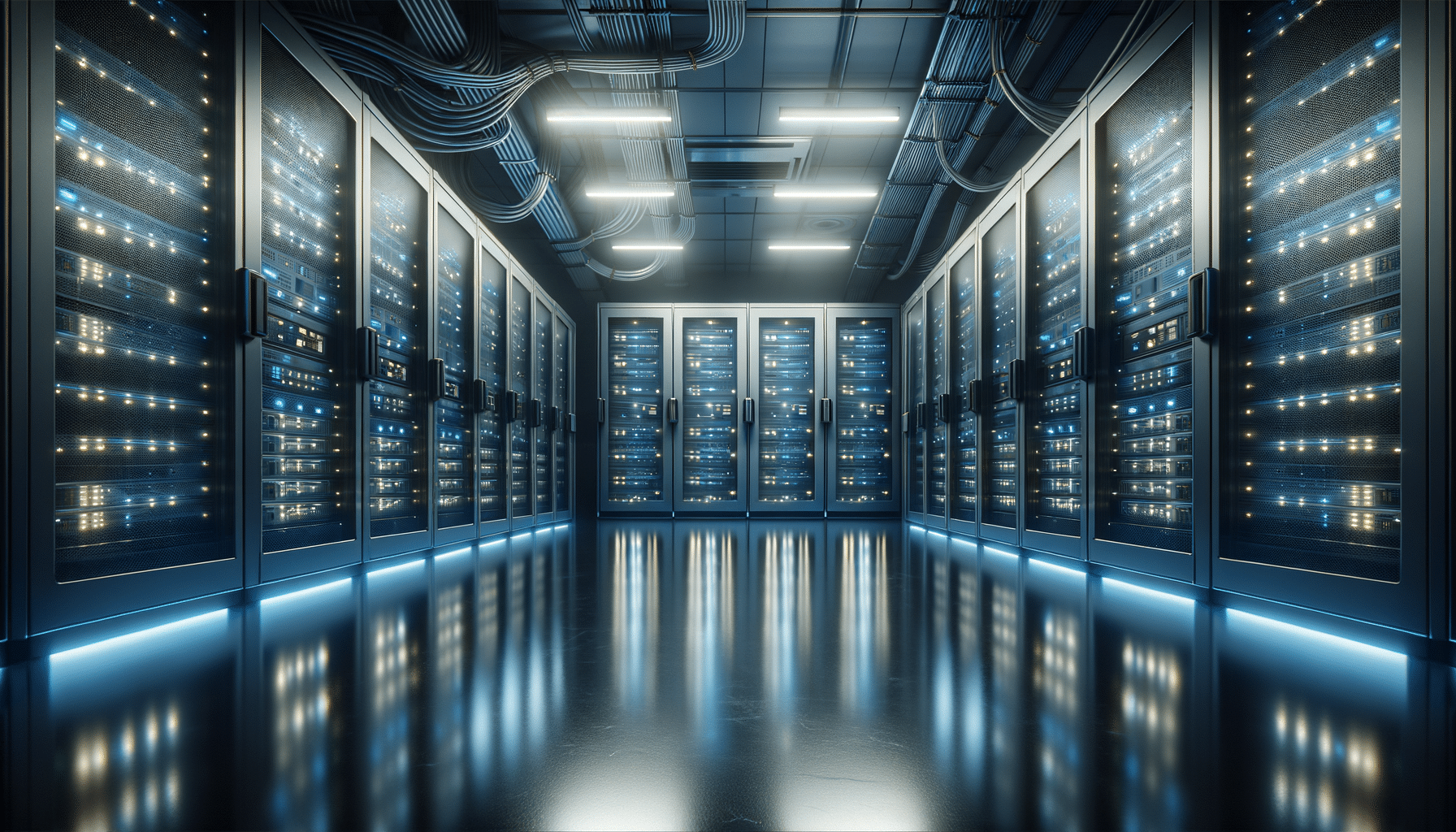
Explore More About ERP For Manufacturing
Introduction to ERP Software
Enterprise Resource Planning (ERP) software has become a cornerstone in the business world, particularly within the manufacturing sector. This integrated management system allows organizations to streamline processes, improve efficiency, and enhance productivity. ERP software combines various business functions such as finance, human resources, supply chain, and customer relationship management into a single cohesive system. This integration helps businesses make data-driven decisions, reduce operational costs, and improve overall performance.
In the fast-paced manufacturing industry, the need for effective ERP solutions is critical. The complexity of operations, from production scheduling to inventory management, demands a system that can handle diverse functions effortlessly. By adopting ERP software, manufacturers can not only keep up with industry demands but also gain a competitive edge by optimizing processes and resources.
Key Features of ERP Software in Manufacturing
ERP software in manufacturing offers a range of features that address the unique needs of this sector. Among the most valuable are:
- Inventory Management: ERP systems provide real-time visibility into inventory levels, helping manufacturers manage stock efficiently and reduce waste.
- Production Planning: The software helps in scheduling production runs, managing workloads, and ensuring that resources are optimally utilized.
- Quality Control: ERP systems incorporate quality management tools to ensure that products meet industry standards and customer expectations.
- Supply Chain Management: By integrating supply chain processes, ERP software enhances coordination with suppliers and ensures timely delivery of raw materials.
- Financial Management: Comprehensive financial tools within ERP systems help in budgeting, forecasting, and financial reporting.
These features collectively contribute to a more streamlined, efficient, and cost-effective manufacturing process. By automating routine tasks and providing insightful analytics, ERP software empowers manufacturers to focus on innovation and growth.
Benefits of Implementing ERP Software
The implementation of ERP software in manufacturing brings numerous benefits. Firstly, it enhances operational efficiency by automating and integrating various business processes. This leads to reduced manual intervention, minimizing errors, and freeing up valuable resources for more strategic tasks.
Another significant advantage is improved decision-making. ERP systems provide real-time data and analytics, allowing manufacturers to make informed decisions quickly. This agility is crucial in adapting to market changes and customer demands.
Moreover, ERP software supports regulatory compliance by maintaining accurate records and providing audit trails. This is particularly important in industries with stringent regulations, ensuring that manufacturers avoid costly penalties and maintain their reputation.
Finally, ERP systems enhance collaboration across departments, breaking down silos and fostering a more cohesive organizational environment. This improved communication leads to better project coordination and a unified approach to achieving business goals.
Challenges in ERP Implementation
Despite the numerous benefits, implementing ERP software in manufacturing is not without challenges. One of the primary hurdles is the significant investment required in terms of time and resources. The complexity of ERP systems often necessitates a lengthy implementation process, which can disrupt daily operations if not managed carefully.
Another challenge is the resistance to change. Employees may be hesitant to adopt new systems, especially if they are accustomed to existing processes. Overcoming this resistance requires effective change management strategies, including training and support to ensure a smooth transition.
Additionally, selecting the right ERP solution can be daunting due to the vast array of options available. Manufacturers must carefully assess their specific needs and choose a system that aligns with their business objectives and growth plans.
Finally, data migration poses a significant challenge. Transferring data from legacy systems to a new ERP system requires meticulous planning and execution to avoid data loss or inaccuracies.
Future Trends in ERP Software for Manufacturing
The future of ERP software in manufacturing is poised for exciting developments. One of the key trends is the integration of artificial intelligence and machine learning. These technologies are expected to enhance predictive analytics, enabling manufacturers to anticipate market trends and make proactive decisions.
Cloud-based ERP solutions are also gaining traction, offering scalability and flexibility that on-premises systems cannot match. This shift allows manufacturers to access their systems from anywhere, facilitating remote work and improving collaboration.
Another emerging trend is the focus on user experience. ERP vendors are increasingly prioritizing intuitive interfaces and seamless user interactions to enhance adoption and productivity.
Finally, the Internet of Things (IoT) is set to revolutionize ERP systems by providing real-time data from connected devices. This integration will offer manufacturers unprecedented insights into their operations, further driving efficiency and innovation.
As these trends continue to evolve, ERP software will remain a critical tool for manufacturers seeking to stay competitive in an ever-changing landscape.


